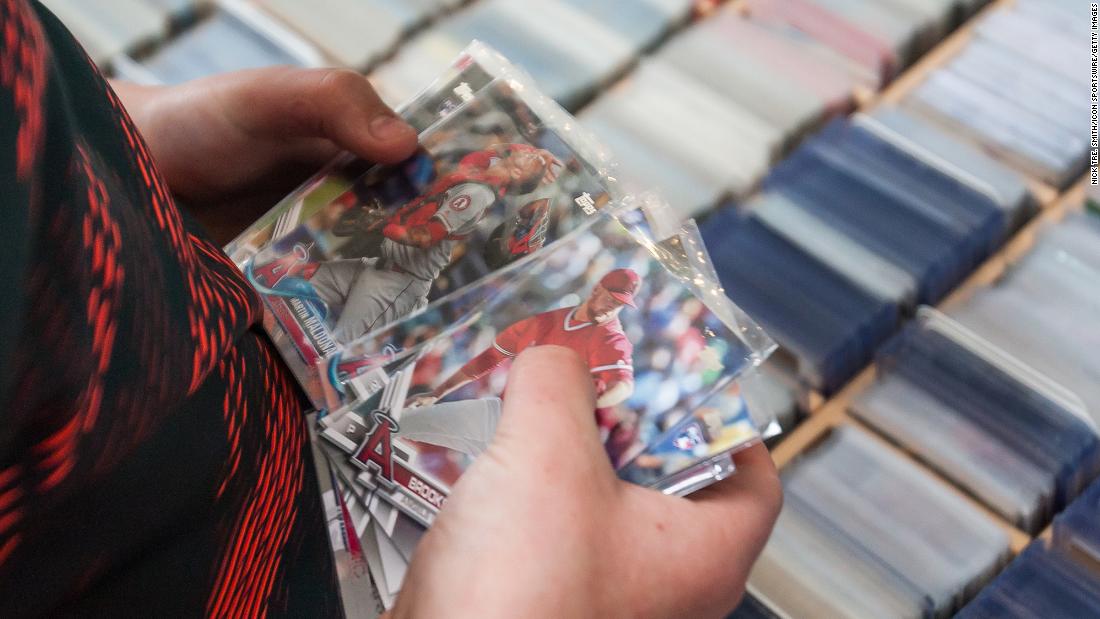
The transaction also includes a so-called private investment in public equity (or PIPE) of $ 250 million.
Demand (and prices) for baseball cards and other collectibles has been through the roof lately due to the 21st century spin on the business through the renewed popularity of NFTs.
Topps recently expanded its business to sell digital editions of its player cards, each with a unique NFT built on blockchain technology. This creates a scarcity value that makes them more attractive to collectors – and more valuable.
Topps is “well-positioned with a universally recognized brand to take advantage of the rapidly emerging collectible NFT market,” said Jason Mudrick, founder and chief investment officer of Mudrick Capital, in the release.
Eisner, who will remain Chairman of Topps once the SPAC merger is complete, added in the publication that “there is a strong emotional bond between the Topps brand and consumers of all ages.”
Topps has a “growing portfolio of strategic licensing partnerships” that will make it profitable, he said. The company owns the legendary Bazooka chewing gum brand, as well as the Ring Pop, Baby Bottle Pop, and Juicy Licorice candy and sour gel brands.
But given the current craze for collectibles, Topps’ core baseball cards business is the main draw.
High net worth investors are increasingly betting on sports trading cards alongside more traditional assets such as stocks, bonds and real estate.